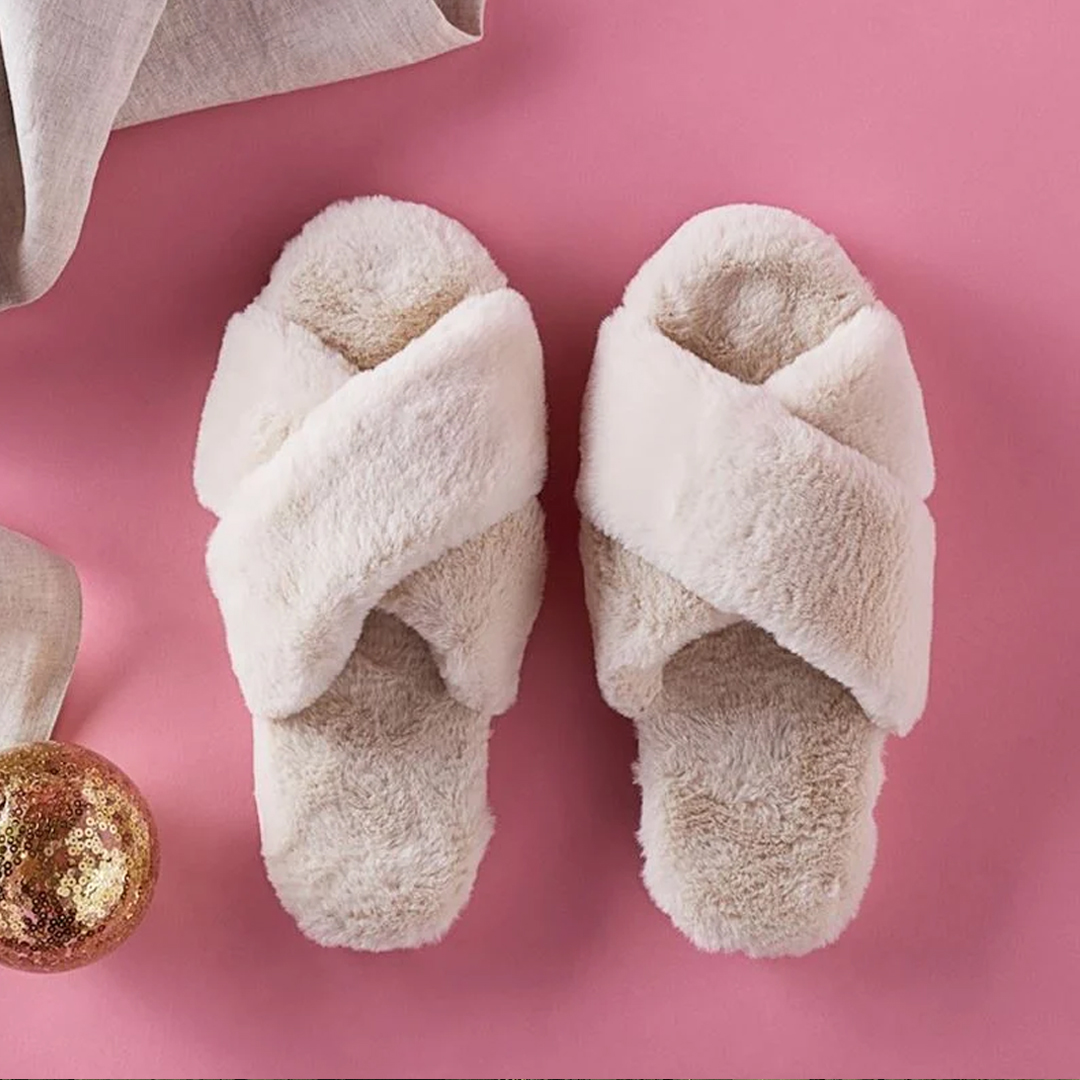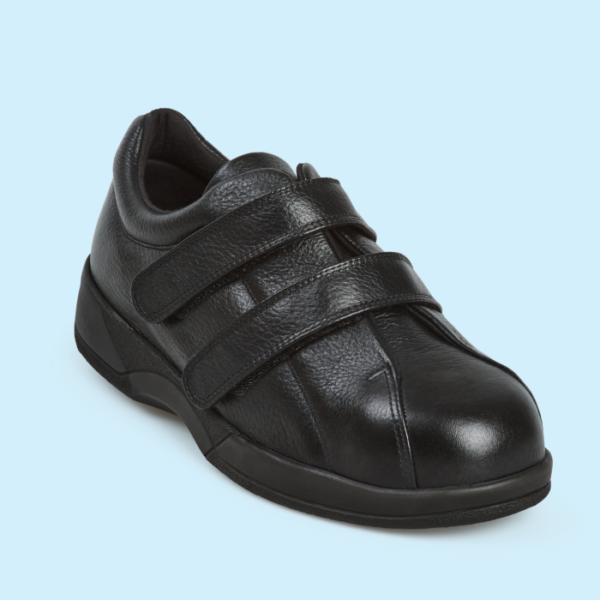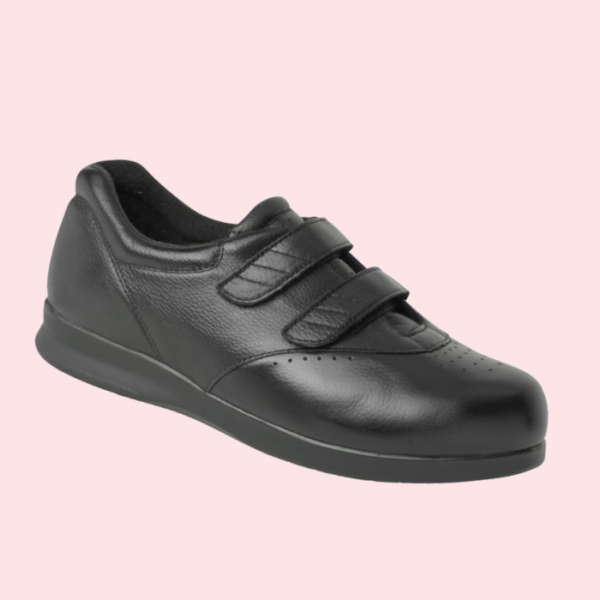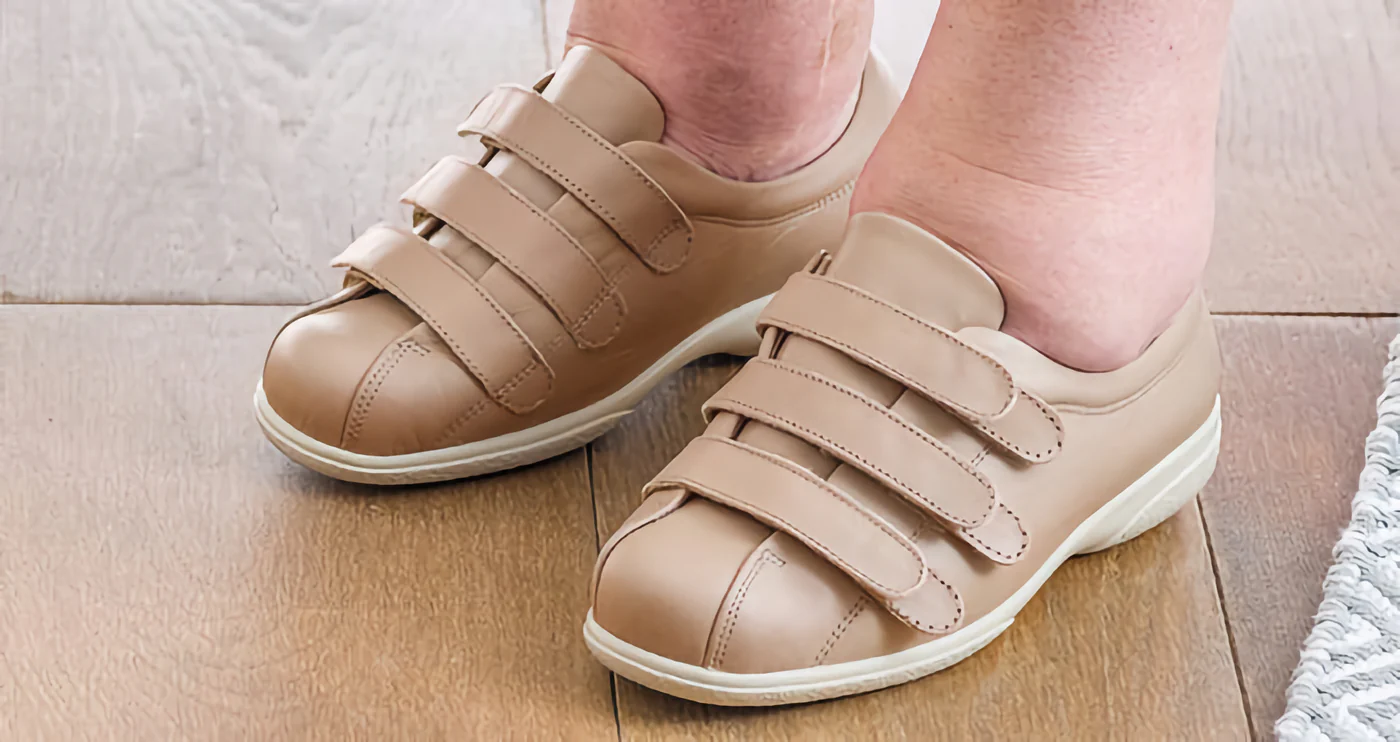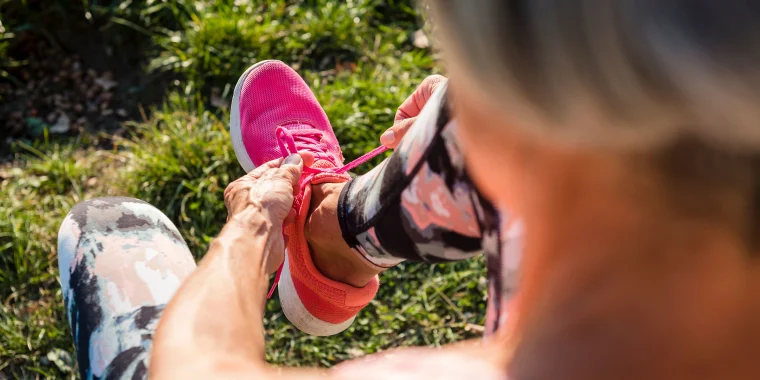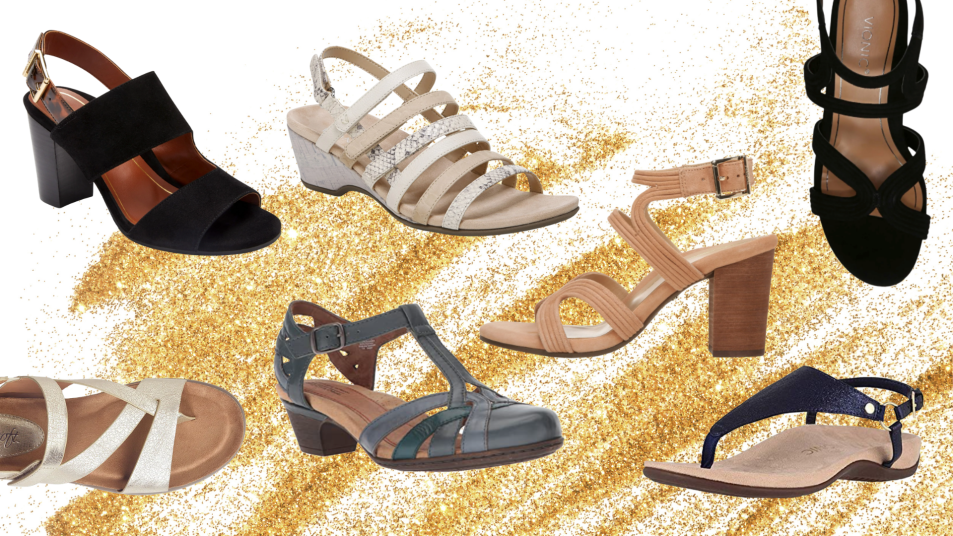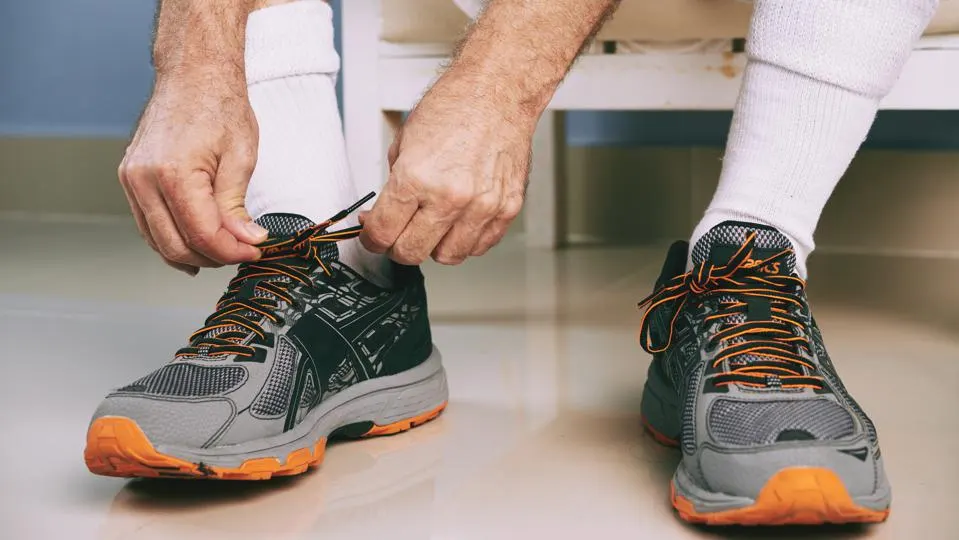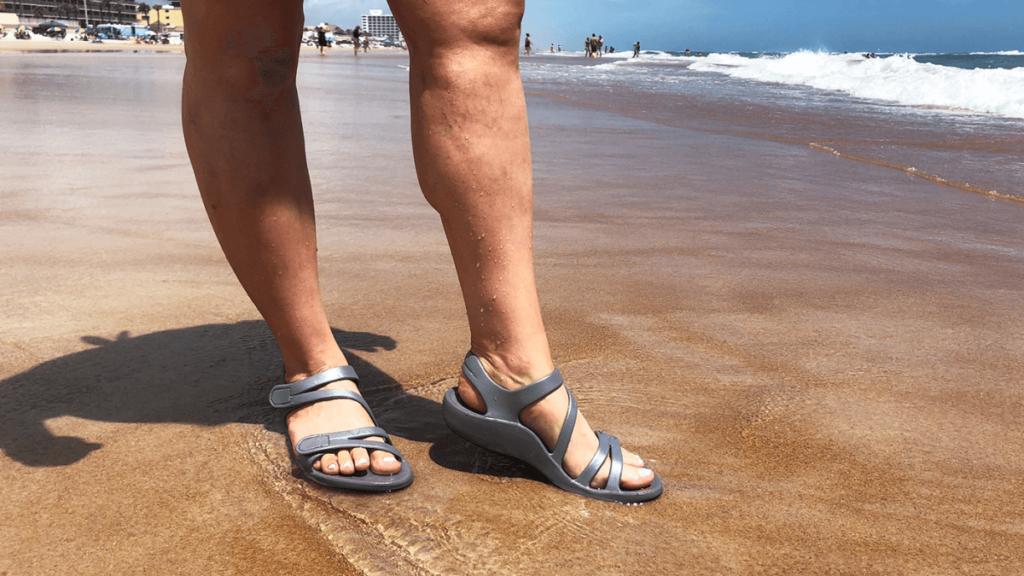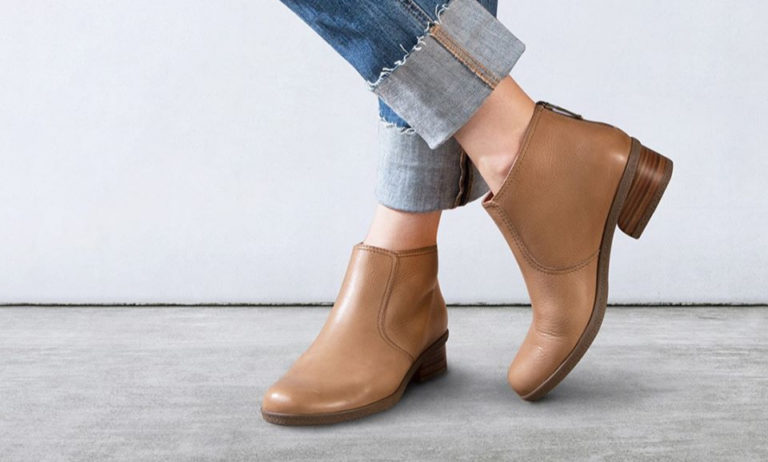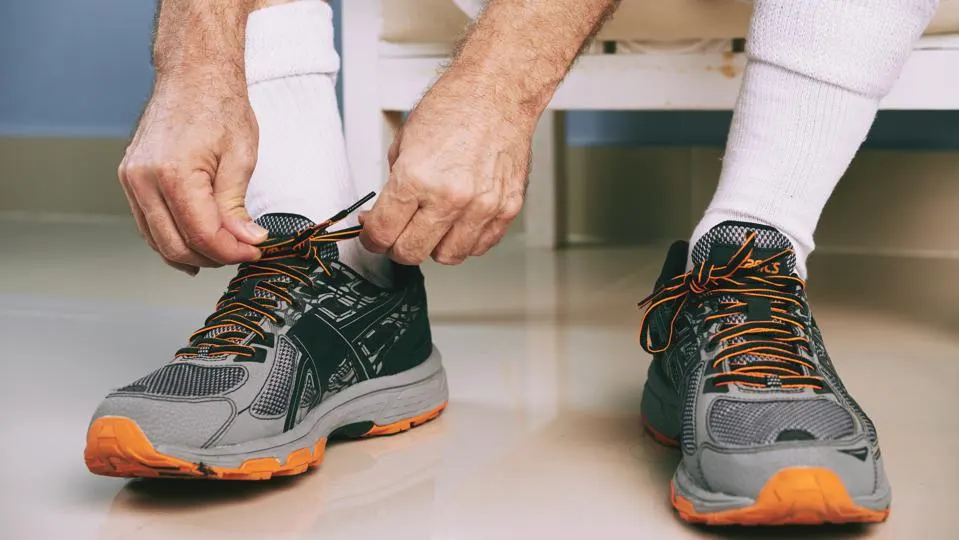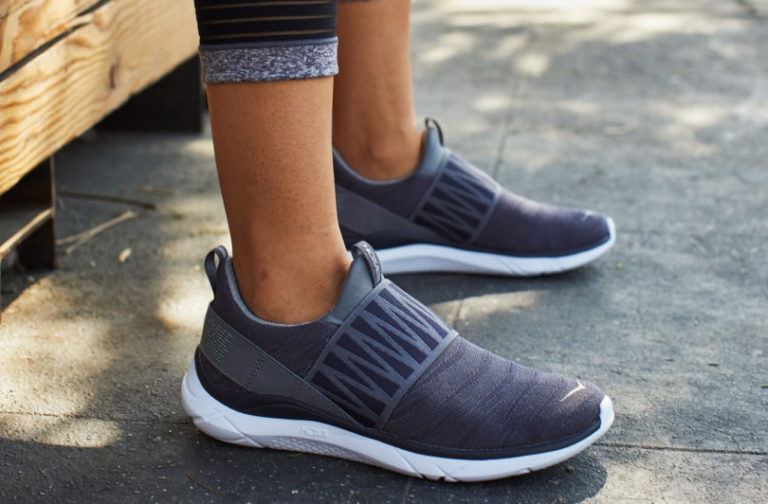Caring for elderly individuals with dementia requires attention and consideration, particularly when it comes to their footwear. Swelling in feet is common for elderly people and the right shoes for elderly swollen feet can greatly impact their comfort, safety, and overall well-being. In this blog post, we will explore the importance of proper footwear for elderly women with dementia and provide recommendations for selecting the best shoes to meet their unique needs.
Shoes For Elderly Swollen Feet and People
As people age, their bodies experience a variety of changes, and one of the most common issues among elderly individuals is swollen feet. This condition can cause a great deal of discomfort and make it difficult for seniors to walk or stand for extended periods of time. Caring for an elderly woman with dementia can be challenging enough without having to worry about what shoes will be the best fit for her. Thankfully, there are specialized shoes for elderly swollen feet that can make a huge difference in terms of comfort and overall well-being.
Understanding the Challenges Faced by Elderly Women with Dementia
Caring for elderly individuals with dementia can be a challenging and emotional journey. Dementia is a progressive disease that affects cognitive abilities such as memory, language, and perception, which can make everyday tasks, such as choosing shoes, difficult. In addition, elderly individuals may also experience physical changes, such as swollen feet, that can cause discomfort and make it harder to find the right footwear.
Elderly women with dementia may have a harder time expressing their needs and may not be able to make decisions regarding their footwear. Caregivers need to pay attention to their loved ones’ needs and preferences when choosing shoes, as this can greatly impact their comfort and safety.
Choosing the right shoes for elderly women with dementia requires attention to detail and a thorough understanding of the individual’s specific needs. In the following sections, we will discuss the importance of proper footwear and what to look for when choosing shoes for elderly individuals with swollen feet.
Cognitive impairments and their effects on daily activities
As dementia progresses, elderly individuals may experience cognitive impairments that affect their daily activities. These impairments can make it difficult for them to remember routine tasks such as dressing themselves, grooming, and even putting on their shoes. In some cases, they may forget to change their shoes, or wear shoes that do not fit properly, leading to discomfort, injury, and a higher risk of falling.
Memory and perception issues can also make it hard for individuals with dementia to recognize when their shoes are causing problems like swelling or discomfort. Caregivers should therefore be observant and regularly inspect their loved ones’ feet for any signs of issues such as blisters or abrasions.
It is crucial to choose shoes for elderly people with dementia that are comfortable, supportive, and safe to wear. When selecting shoes, consider features like slip resistance, breathability, and shock absorption. Opt for styles that have a wide toe box, adjustable straps, and easy-on-and-off options to accommodate any foot swelling.
By selecting shoes that are specifically designed for elderly people with dementia and swollen feet, you can ensure that your loved one’s footwear needs are met while reducing the risk of discomfort, injuries, and falls. Remember to regularly check their shoes to ensure that they are in good condition and still fit properly. Overall, prioritizing your loved one’s footwear needs can help enhance their comfort, safety, and overall well-being.
The Importance of Proper Footwear for Elderly Individuals with Dementia
Caring for an elderly individual with dementia requires attention to every aspect of their life, including their footwear. While it may seem like a minor detail, choosing the right shoes for elderly swollen feet can greatly impact their comfort, safety, and overall well-being.
For elderly individuals with dementia, shoes that are easy to put on and take off are ideal, as they may struggle with laces or other fastenings. Additionally, shoes that offer good support and cushioning can help to reduce the risk of falls and other accidents. For those with swollen feet, it is important to choose shoes that are adjustable, so that they can be tightened or loosened as needed.
Unfortunately, many elderly individuals with dementia may not be able to communicate their discomfort or pain, which can make choosing the right footwear a challenge. That is why it is essential for caregivers and loved ones to pay close attention to how the individual is walking and any signs of discomfort they may be exhibiting.
Proper footwear is also important for maintaining foot health in the elderly. As we age, our feet tend to change, and wearing the wrong shoes can exacerbate issues such as bunions, corns, and calluses. In extreme cases, wearing the wrong shoes can even lead to serious foot infections.
Causes and Risks of Swollen Feet in the Elderly
As we age, our bodies undergo changes that can lead to swelling in our feet and ankles. Swollen feet in the elderly can be caused by a variety of factors, including:
- Poor circulation: As we age, our blood vessels can become less elastic and our circulation may slow down. This can lead to fluid retention and swelling in the feet.
- Medications: Certain medications can cause fluid retention and swelling in the feet and ankles.
- Heart or kidney disease: Conditions like congestive heart failure and kidney disease can cause fluid to build up in the feet and ankles.
- Injuries or infections: Injuries to the foot or ankle, as well as infections, can lead to swelling.
Swollen feet in the elderly can be more than just uncomfortable; they can also pose certain risks. For example, swollen feet can make it difficult to walk or move around, which can increase the risk of falls. Additionally, swelling can lead to skin breakdown, which can increase the risk of infection.
It is important to address swollen feet in elderly individuals as soon as possible to prevent complications. This can include lifestyle changes such as increasing physical activity and reducing salt intake, as well as wearing the proper shoes and elevating the feet when possible. By understanding the causes and risks of swollen feet in the elderly, we can take steps to provide the best care possible for our loved ones.
Features to Look for in Shoes for Elderly Swollen Feet
Choosing the right shoes for elderly individuals with swollen feet can make a significant difference in their comfort and overall well-being. Here are some key features to look for when selecting footwear for elderly people with swollen feet:
- Adjustable straps or laces: Shoes with adjustable straps or laces can be customized to fit swollen feet, offering more comfort and support than slip-on shoes.
- Wide and deep toe box: Shoes with a wider and deeper toe box can accommodate swollen toes and reduce pressure on sensitive areas, such as bunions or corns.
- Cushioning and shock-absorption: Shoes with cushioning and shock-absorption properties can help reduce pain and discomfort caused by swollen feet and absorb impact when walking or standing.
- Lightweight and flexible: Shoes that are lightweight and flexible can reduce fatigue and make it easier for elderly individuals to move around comfortably.
- Non-slip sole: Non-slip soles can prevent slips and falls, providing added safety and stability for elderly individuals with swollen feet.
It’s important to keep in mind that everyone’s feet are unique, and what works for one person may not work for another. When choosing shoes for elderly individuals with swollen feet, it’s important to consider their individual needs and preferences. Seeking professional advice from a podiatrist or footwear specialist can also be helpful in finding the right shoes for elderly individuals with swollen feet.
Tips for Ensuring Comfort and Safety When Wearing Shoes
Caring for elderly individuals with dementia requires special attention to their footwear, especially when dealing with swollen feet. Proper shoes can greatly impact their comfort, safety, and overall well-being. Here are some tips to keep in mind when selecting and wearing shoes:
- Choose the Right Size: Properly fitting shoes are essential for reducing pain and discomfort, especially for elderly people with swollen feet. Make sure to measure their feet regularly, and select shoes that are the right size, length, and width.
- Opt for Adjustable Closures: Shoes with adjustable closures like Velcro straps or elastic bands make it easier for elderly individuals to put on and take off their shoes. They also offer flexibility in case of swelling or other changes in foot size.
- Look for Cushioning: Cushioning in the soles and inner linings of shoes helps reduce pressure on feet, which can prevent the formation of blisters, sores, or other injuries. Make sure to look for shoes with comfortable and breathable materials that reduce friction and allow for ventilation.
- Choose Supportive Soles: Shoes with sturdy, non-slip soles are essential for elderly individuals who may be at risk of falling. Make sure the soles are flexible and provide adequate arch support.
- Check for Wide Widths: Elderly people with swollen feet often require shoes with wider widths. Look for shoes with enough room to accommodate swelling without pinching or binding.
- Consider Orthotics: In some cases, elderly individuals with swollen feet may require custom orthotics to alleviate pain and provide additional support. Consult a podiatrist or foot specialist to determine the best options for your loved one.
Remember, proper footwear can significantly improve the quality of life for elderly individuals with dementia, and reducing the risks of falls and injuries. Keep these tips in mind when selecting and wearing shoes to ensure the utmost comfort, safety, and well-being of your loved ones.
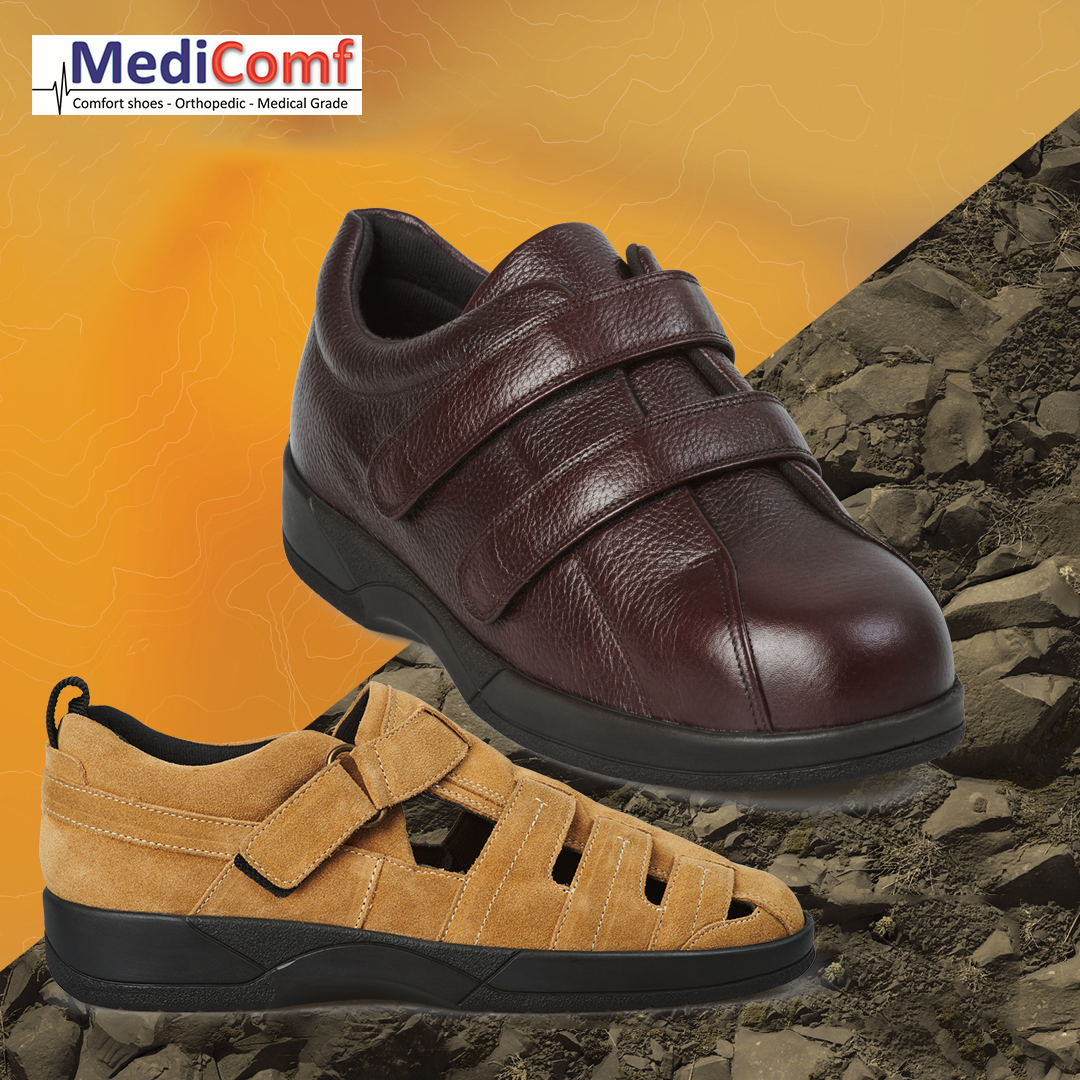
Shoes
